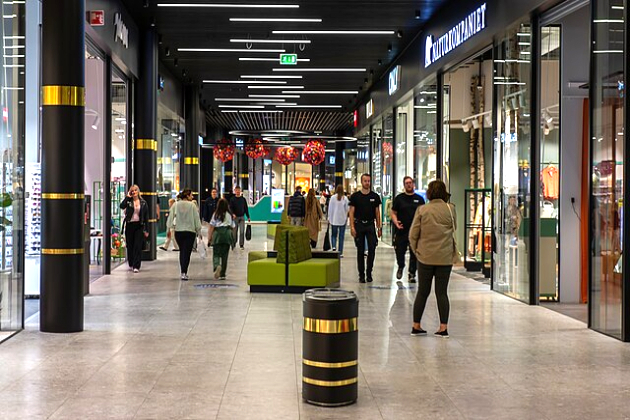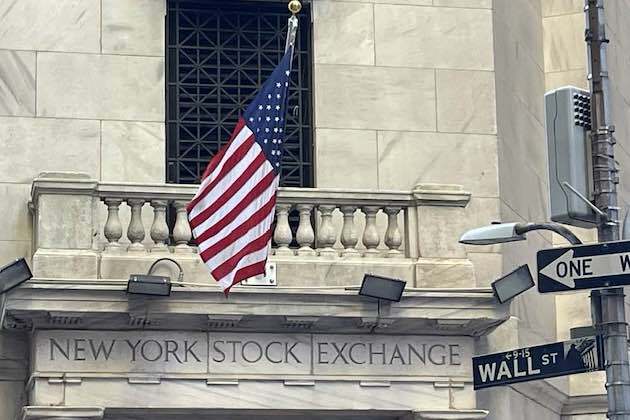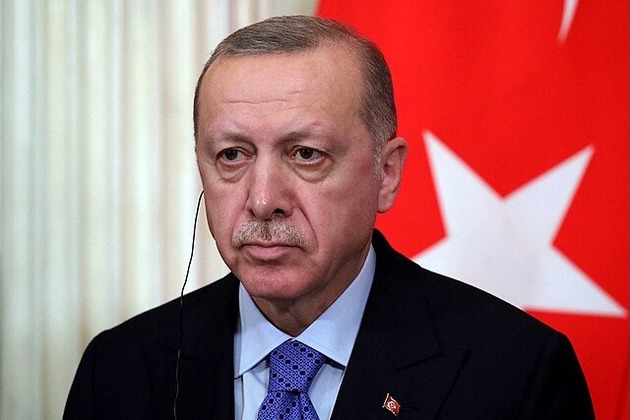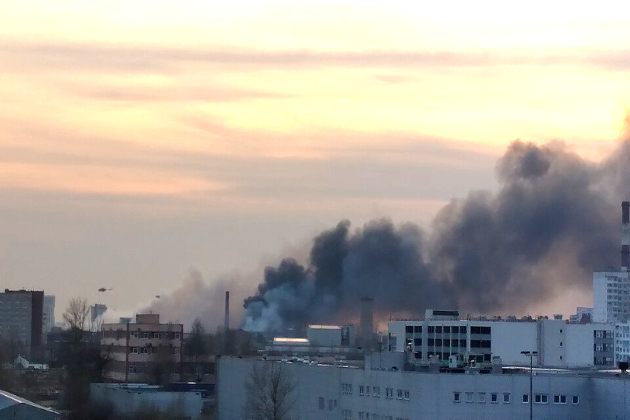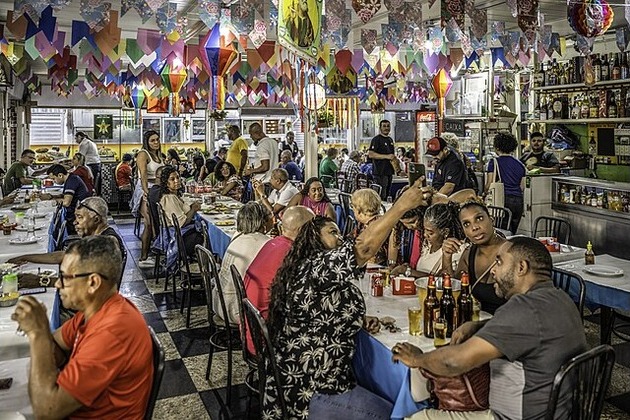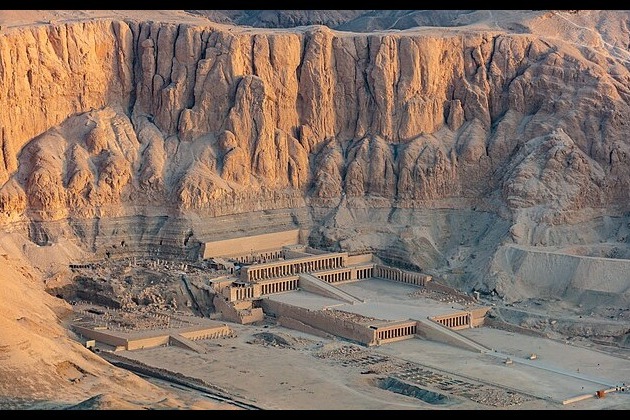Mexico transformed? Challenges, changes after a year of leftist government
The Conversation
12 Dec 2019, 00:01 GMT+10
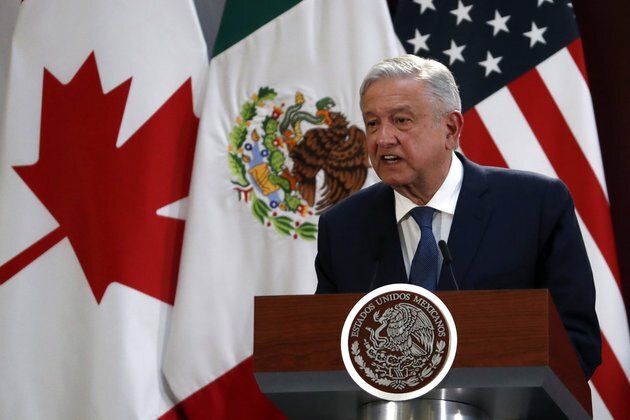
A year ago, the first leftist president in Mexico's modern history took office.
The victory of Andres Manuel Lopez Obrador, commonly referred to as AMLO in Mexico, swept aside a long-standing political establishment in a society where most politicians are seen as corrupt and detached from the reality of ordinary citizens.
Lopez Obrador's victory not only threatened the entrenched political and economic interests that dominated Mexican politics for decades, it also came as a reprieve to an embattled left in Latin America at a time when right-wing forces were on the rise.
The transformative project of the new government, dubbed Mexico's "Fourth Transformation," has promised to break with the neoliberal model that had turned the country into the most unequal among OECD nations. This has meant a drastic change in policy priorities.
Under Lopez Obrador, the government no longer promotes investment and job creation at any price. Instead, it announced the largest increase to the minimum wage in 36 years, passed a major labour reform strengthening workers' rights and ended decades of discretionary tax breaks to large corporations. These measures have unsettled some economic elites, who are now hesitant to invest in a country that is changing the rules of the game.
Lopez Obrador seems aware that the surly relations between the government and the private sector can hinder his transformative agenda. Despite his campaign promise of a four per cent annual growth, the economic scenario in Mexico is daunting. As the country struggles to avoid recession, rating agencies and international organizations are lowering their outlooks for the Mexican economy.
This is why Mexicans were so prompt to ratify USMCA, a renegotiated version of NAFTA, and its subsequent overhaul, despite the free-trade deal being at odds with Lopez Obrador's anti-neoliberal stance.
The rapid ratification of the trade agreement not only sent a message of certainty to domestic and international investors, it also flagged the limits of the AMLO government when it comes to breaking with Mexico's neoliberal past.
Violence persists
A second threat to Lopez Obrador's agenda is the rising levels of insecurity in the country.
The new administration has been unable to contain a wave of violence that it inherited from its predecessors. In fact, 2019 is on the verge of becoming the deadliest year on record in Mexico. The massacre of the LeBaron family -in which six children and three women were murdered in northern Mexico - and the failed attempt to arrest the son of drug lord El Chapo in Culiacan, where the military was outnumbered by cartel gunmen, are just two examples of the government's incapacity to end the violence.
The president's "abrazos, no balazos" (hugs, not bullets) policy has been harshly criticized for its naivete and has been largely ineffective.
Read more: Mexico's new president has plans to make his country safer - but will they work?
However, one year into leftist rule in Mexico and it's not all bad news. Despite economic woes and enduring violence, Lopez Obrador's government has made considerable progress dismantling a system that almost solely benefits the political and economic elite and keeps more than 50 million Mexicans in poverty.
Lopez Obrador started his term by announcing harsh austerity measures to bureaucrats and politicians, including cutting his own salary in half and ditching the presidential mansion, jet and guards.
Tackling corruption
In a clear break with the past, his government is prosecuting corrupt officials from previous administrations. Social spending is also being revamped. About 18 million youth and elderly Mexicans are now receiving their scholarships and pensions from social programs as cash transfers.
Perhaps most importantly, Lopez Obrador is transforming the perception of political power in Mexico and how it should be used. At most events he attends, the president finds himself surrounded by supporters who cheer and hug their leader without apparent constraints - in contrast to the strong security measures taken by his predecessors when in public.
When asked about his safety, Lopez Obrador confidently replies that it is the people who look after him. Despite his populist tone, he seems to understand that first and foremost, Mexico's marginalized majorities need to be seen and recognized as part of a society that has excluded them for too long.
If we want to understand the change Mexico is undergoing, we must measure progress with metrics other than the GDP. Only when we gauge it via other methods will we understand the extent to which the political and economic structures that have made Mexico one of the most inequitable countries in the world are being dismantled.
Changing public perceptions about political power might not be as tangible as economic growth and decreasing homicide rates, but its impact on building a more inclusive society are real and every bit as important.
[ You're smart and curious about the world. So are The Conversation's authors and editors. You can read us daily by subscribing to our newsletter. ]
Author: Sergio Daniel Michel Chavez - PhD Student, Department of Political Science and Institute of Political Economy, Carleton University 
 Share
Share
 Tweet
Tweet
 Share
Share
 Flip
Flip
 Email
Email
Watch latest videos
Subscribe and Follow
Get a daily dose of Philadelphia Herald news through our daily email, its complimentary and keeps you fully up to date with world and business news as well.
News RELEASES
Publish news of your business, community or sports group, personnel appointments, major event and more by submitting a news release to Philadelphia Herald.
More InformationBusiness
SectionTexas bill targets app store access for minors, awaits governor’s nod
SAN FRANCISCO, California: Texas is set to become the first major U.S. state to require Apple and Google to verify the age of users...
US optimism rises after tariff pause, survey shows
WASHINGTON, D.C.: After months of steady decline, U.S. consumer confidence saw a significant rebound in May—buoyed in part by a temporary...
U.S. stocks end day, week, month with mixed performances
NEW YORK, New York - Uncertainty over trade tariffs kept invetsors and tradersv at bay on Friday with the major indices finishing mixed....
Skechers deal sparks wave of take-private talks amid trade turmoil
NEW YORK CITY, New York: As trade policy uncertainty rattles markets and slashes valuations, a growing number of U.S. retailers are...
Volvo cuts 3,000 jobs amid trade tensions and economic uncertainty
FRANKFURT, Germany: Volvo Cars, based in Sweden, is cutting 3,000 jobs to reduce costs as the automobile industry struggles with trade...
Amid losses, Nissan bets on e-Power hybrid to revive US sales
YOKOSUKA, Japan: Facing mounting losses and global restructuring, Japan's Nissan Motor Corp. is turning to its unique e-Power hybrid...
International
SectionCritics warn Erdogan’s plan may extend rule beyond 2028
ANKARA, Turkey: Turkish President Recep Tayyip Erdogan said this week that he has appointed a group of legal experts to begin drafting...
Chemical plant blast in eastern China kills 5, injures 19; 6 missing
BEIJING, China: Six people are still missing and rescue teams continued their search on May 28 after a powerful explosion at a chemical...
Rio beach rules to change starting June 1, says mayor
RIO DE JANEIRO, Brazil: Starting June 1, Rio de Janeiro's Mayor Eduardo Paes has issued a new set of rules for the city's beaches that...
US scraps CDC COVID shots for healthy children, expecting mothers
WASHINGTON, D.C.: In a significant shift to federal vaccine guidance, the U.S. government will no longer recommend routine COVID-19...
Xenon gas treatment helps climbers reach Everest faster and cleaner
KATHMANDU, Nepal: Using xenon gas treatment and new technology is making climbing Mount Everest faster and better for the environment...
Egypt unveils ancient tombs of New Kingdom officials in Luxor
CAIRO, Egypt: Egypt has revealed three newly discovered tombs in the Dra Abu al-Naga necropolis in Luxor. These tombs, found by Egyptian...

